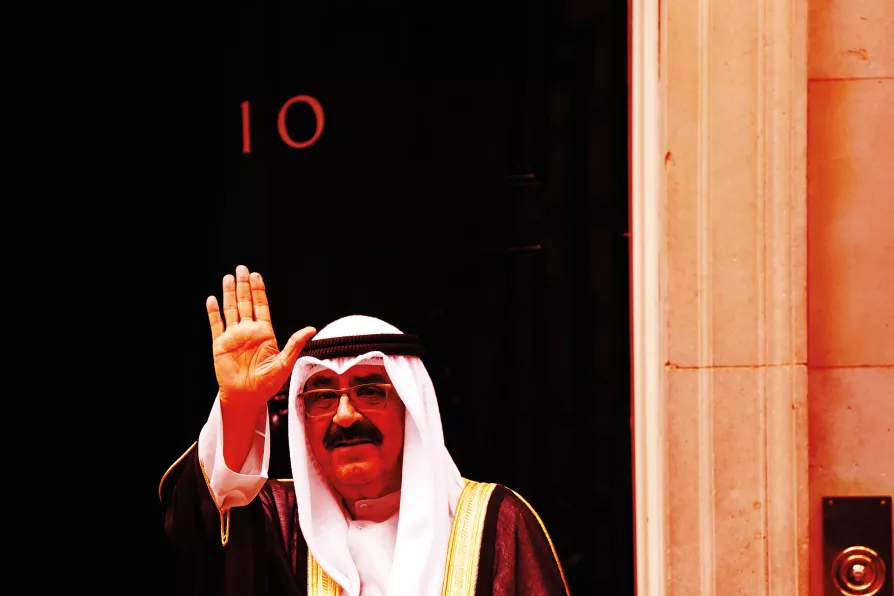LUKE FLETCHER outlines Plaid Cymru bold plans for wide-ranging policy consultations with trade unions in Wales

 AUTHORITARIAN: Crown Prince of Kuwait, Sheikh Mishal al-Ahmad al-Sabah, outside 10 Downing Street, London, ahead of a meeting during a visit to Britain in 2023
AUTHORITARIAN: Crown Prince of Kuwait, Sheikh Mishal al-Ahmad al-Sabah, outside 10 Downing Street, London, ahead of a meeting during a visit to Britain in 2023
ON MAY 10 2024 the hereditary head of state of Kuwait, a close ally of Britain and the US, suspended the nation’s parliament.
Announcing the closure could last up to four years, in a televised address Emir Mishal al-Ahmad al-Sabah, who will rule by decree during this period, said he would not allow democracy to be “exploited to destroy the state.” The political system would be studied and revisions proposed, he said, followed by “whatever decisions we might deem appropriate.”
As the Washington Post noted in a June editorial: “Such remarks sound worryingly similar to what any number of would-be autocrats have said when annulling election outcomes.”

Since 2023, Strike Map has evolved from digital mapping at a national level to organising ‘mega pickets’ — we believe that mass solidarity with localised disputes prepares the ground for future national action, writes HENRY FOWLER

The prospect of the Democratic Socialists of America member’s victory in the mayoral race has terrified billionaires and outraged the centrist liberal Establishment by showing that listening to voters about class issues works, writes ZOLTAN ZIGEDY












